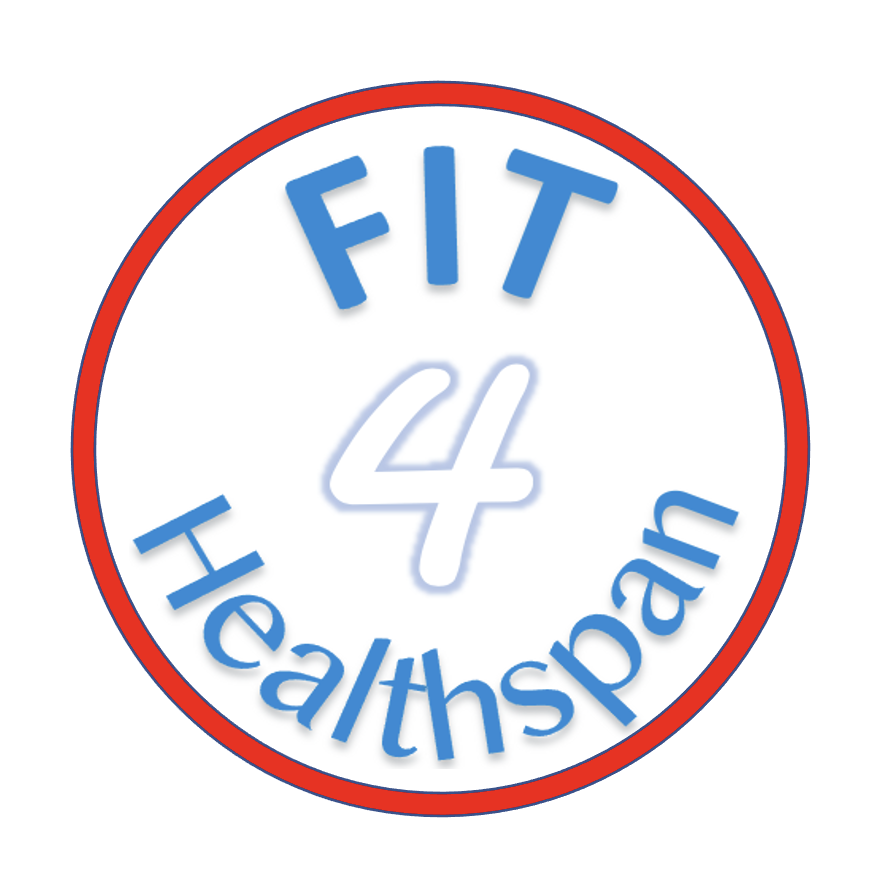Can Nutrition And Protective Factors Affect Diabetes, Autoimmunity, Chronic Disease Conditions And Healthspan?
Implications For Resistance To Coronavirus Pandemics And Prevention Of Their Most Severe Complications
June 24, 2020
We are facing an increased incidence of chronic diseases, with projections that now, for the first time, new generations of children may be the first ones to have a shorter lifespan compared to their parent’s generations. Over 90% of Americans over age 65 are affected by at least one chronic degenerative conditions, with substantial implications not only for healthy lifespan (healthspan), but also for health economics, with an increased cost of health care which now reached $3 Trillion, or approximately 18% of the US GDP.
Diet induced chronic inflammation is emerging as a significant factor that can affect the incidence and progression of many degenerative conditions, including obesity, diabetes, cardiovascular, osteo-articular, neurodegenerative, autoimmune disease conditions and cancer, to name a few. Lifespan has been increasing in recent decades, but not necessarily healthspan.
A diet induced inflammatory component is now recognized in an increasing number of chronic diseases.
Nutritional and lifestyle intervention could have the most profound impact on disease prevention and to halt disease progression, modifying pro-inflammatory factors that can alter hormonal signaling and modulate the innate immune system.
There is a critically important and timely need to improve our knowledge on how nutrients could impact disease susceptibility and progression, including but not limited to dietary fatty acids, polyphenols, anti-oxidants, vitamin D, highly refined and high glycemic index food products, and animal derived food products from different animal feed practices.
Randomized prospective clinical trials are in progress to determine the effect of high dose Omega 3 and Vitamin D on progression of Type 1 Diabetes (T1D) in both pediatric and adult subjects, in early and late onset T1D.
Recent data are also indicating how appropriate nutrition and selected protective factors could be of assistance to prepare our body to better resist viral infections such as COVID19 and other coronavirus infections, and in case of infection how to decrease the risk of developing more severe disease progression. Waiting for an effective and safe vaccine, and in any case even after the vaccine, we are launching a “Fit4Pandemic” initiative (fit for pandemic), with the objective to help strengthen our immune defenses, while modulating exaggerated inflammatory and immune reactions, which can lead to a series of problems, from autoimmunity to hyper-inflammatory and hyper-immune reactions present in the most serious cases of COVID19.
We are focusing on diet, lifestyle and protective factors that can help us prevent infections, or not contract infections that can cause serious harm.
Randomized controlled trials (RCTs) will be needed to validate the proposed recommendations. The molecules under consideration have properties including modulation of inflammation and immune response, antioxidant, anti-aging, antimicrobial, or prevention of excessive platelet aggregation (hyper-coagulation).
Selected protective factors include Vitamin D, Vitamin C (liposomal), Omega3 (EPA + DHA), Zinc and polyphenols, combined with a healthy Mediterranean, anti-inflammatory diet.
Recently we have been studying SIRT500+ a particularly powerful combination of analogues and precursors of resveratrol combined with other protective molecules, which initially were considered only in the antiaging field, but which surprisingly have been demonstrating potential for enhancement of insulin secretion and also protection against coronavirus infections.
Bioactive dietary components and protective factors could represent an effective complement to healthy diets and may be of assistance to affect inflammatory pathways and other variables associated with disease progression.
Rigorous scientific validation will be necessary and additional collaborative studies are undergoing in the US and Europe. Waiting for rigorous scientific validation through RCTs (Randomized Controlled Trials) and in consideration of the safety of the molecules described, several subjects at risk of contagion are following these common sense suggestions, to keep our immune system “fit” (Fit4Pandemic), even if at this time, under no circumstances they can be considered therapeutic interventions.
Camillo Ricordi, MD, FNAI



